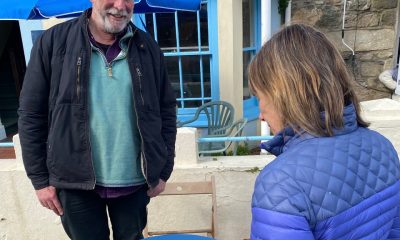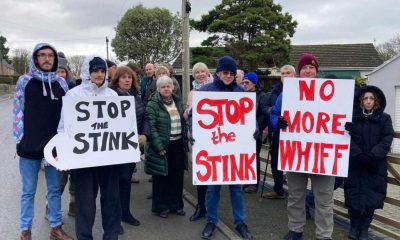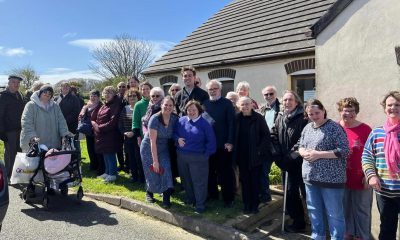Health
Paul Davies responds to St David’s Surgery news

LOCAL Senedd Member Paul Davies has reacted to the news that St David’s surgery in North Pembrokeshire has decided to resign its General Medical Services Contract. It’s understood that for registered patients, care will continue to be provided until the end of October 2024 and patients are being advised to remain registered with the Practice while longer-term plans are developed. Patients will be invited to share their views as to how these services can continue to be delivered after the end of October.
Mr Davies said, “This is a very worrying announcement and patients in the local area will be understandably anxious about what this means for the future.”
“It’s vital that GP services can continue to be delivered in the area in the future and so Hywel Dda University Health Board must be open with patients of the Practice about their plans and address the community’s concerns. Every effort must be made to ensure that patients are able to access services in the long term.”
“I will of course, be raising this with the Welsh Government and urging the Health Minister to do everything in her power to support the Health Board and help ensure patients can access these vital services.”
Health
Chairman opens new NHS 111 Wales Service Centre in Haverfordwest

IN a ceremonial occasion on Thursday (May 2), Thomas Baden Tudor, Chairman of Pembrokeshire County Council, inaugurated the new NHS 111 Wales service centre at Haverfordwest Ambulance Station. The event was marked by Mr. Tudor cutting the red ribbon, a task he was honoured to perform at the behest of Matthew Jones, Locality Manager of the Pembrokeshire Ambulance Service.
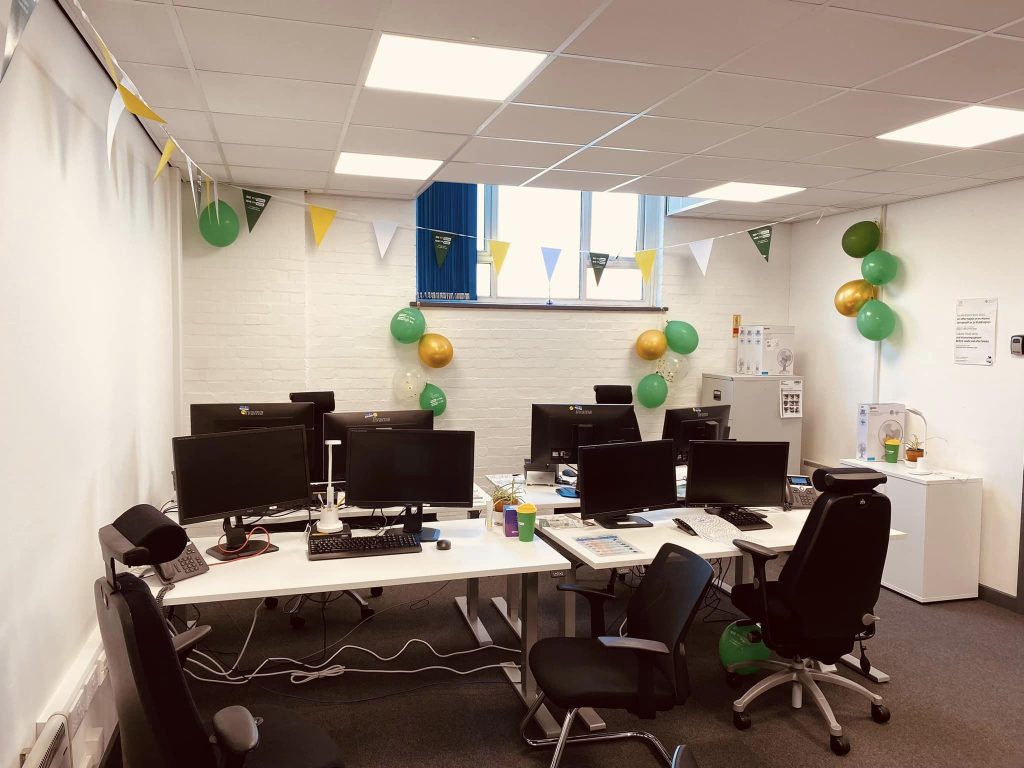
The NHS 111 service, which is accessible round the clock, offers urgent health advice and information about available services, including dental care and general medical guidance. This vital resource also provides support on managing illnesses and conditions and ensures continuity of care when GP offices are closed.
Speaking at the event, Mr. Tudor expressed his pride and privilege in participating in the launch, which underscores the community’s commitment to enhancing healthcare accessibility. The new service centre is expected to play a pivotal role in providing prompt medical advice and support to the residents of Pembrokeshire.
The service is free and can be reached by dialling 111 from any phone, ensuring essential healthcare advice is just a call away.
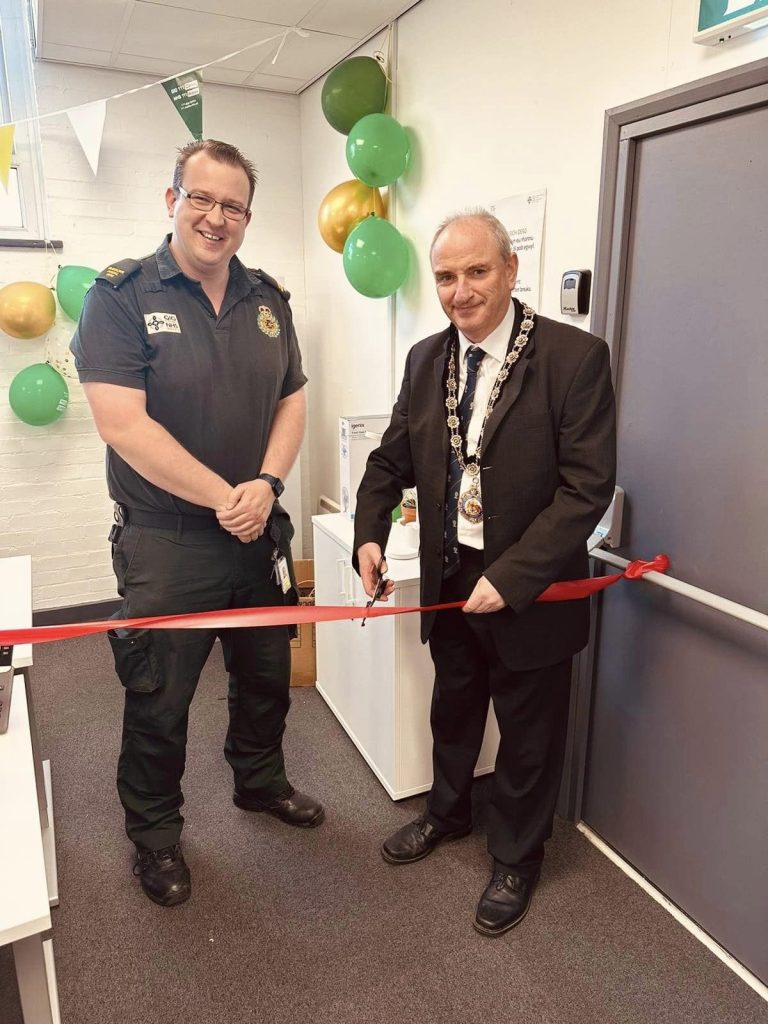
Health
Junior doctors secure strike extension in pay negotiations with WG
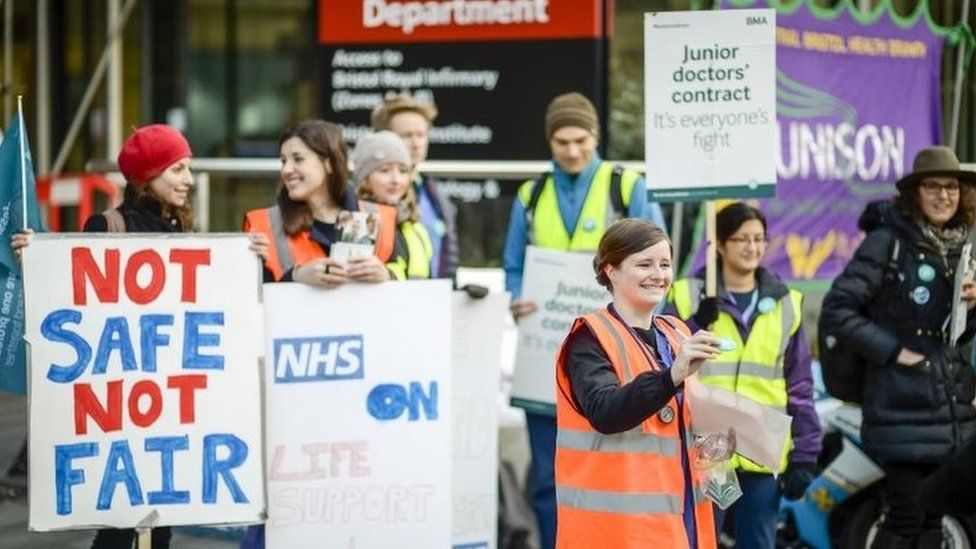
BMA Cymru Wales has confirmed a positive development in its pay negotiations announcing that Junior doctors have secured a three-month extension to their overwhelming strike mandate.
This means that junior doctors in Wales now have the right to enact industrial action over their pay until 17 September 2024 instead of 17 June when the mandate was due to run out.
Recognising the strength of feeling amongst junior doctors and the overwhelming 98% vote by members in favour of industrial action back in December 2023, employers have agreed to honour this extension to allow talks with the Welsh Government to continue.
Co-chairs of the Welsh Junior Doctor Committee Dr Oba Babs-Osibodu and Dr Peter Fahey said of this development:
“We are pleased to be able to secure an extension to our overwhelming strike mandate. Whilst we hope to put an end to our pay dispute through pay negotiations by reaching a credible deal and restoring our pay, it was important to secure more time for our mandate.
“The extension allows us to focus on talks but also provides us with the scope to get organised and enact our legal right to strike should we need to. This is about honouring the emphatic mandate of our members.
“Doctors have experienced real terms pay cut of almost a third since 2008. They voted overwhelmingly to put an end to the devaluing of their service, they know they are not worth a third less than their predecessors and they know the time is now to stick up for the profession and turn the tide of the continued erosion of their pay once and for all”.
The Welsh Government and NHS employers have agreed to the extension as part of ongoing pay negotiations where all parties hope to reach an end to the pay dispute with junior doctors, SAS doctors and Consultants in Wales.
Last month, BMA Cymru Wales announced it was suspending forthcoming industrial action for Consultants and SAS doctors and putting plans on hold to announce more strike dates for junior doctors to allow pay negotiations to take place*.
The decision to enter pay negotiations was based on a significant proposal from the Welsh Government to form the basis of talks to end the pay disputes with all secondary care doctors including Consultants, SAS, and Junior doctors, with the aim of reaching deals which can be taken separately to their respective members.
In August last year, the BMA’s committees representing secondary care doctors in Wales voted to enter separate trade disputes with the Welsh Government after being offered another below inflation pay uplift of just 5% for the 23/24 financial year. SAS doctors on some contracts were offered as little as 1.5%. This was the lowest pay offer any government in the UK offered and less than the DDRB, the pay review body for doctors and dentists, recommended last year.
As part of their disputes, SAS doctors, consultants and junior doctors carried out successful ballots for industrial action. Since then, junior doctors have taken part in 10 days of industrial action since January this year.
Community
Plea to save at-risk Anchorage day care centre
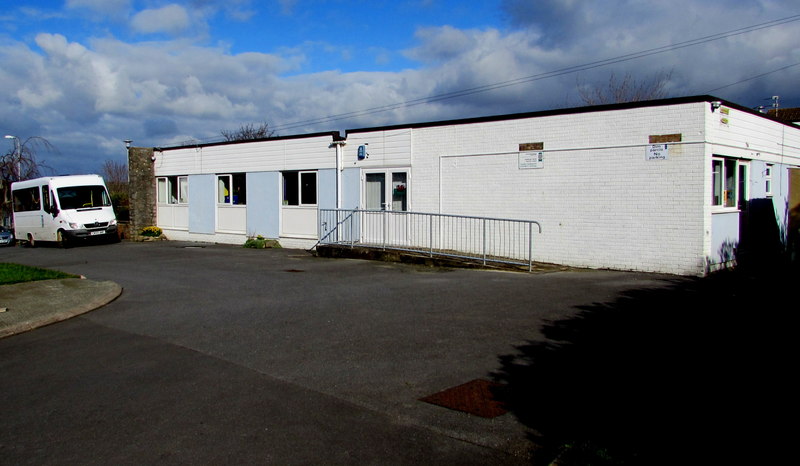
AN ONLINE plea to save a Pembrokeshire day centre from being closed has been lodged with the county council.
The Anchorage Day Care Centre in Pembroke Dock has been a “safe and happy place” for adults with learning difficulties and additional needs for decades.
In more recent years it has expanded to support elderly dementia sufferers.
But now the centre is expected to close, with services instead being offered elsewhere in the county, including Haverfordwest and Milford Haven.
A series of engagement events have taken place at The Anchorage recently, outlining the reasons and the options in continued service.
One parent, who wished to remain anonymous, said: “The parents and carers are all very upset at the way we have been treated, kept in the dark and then presented with what is a fait accompli to close the Anchorage, while at the same time going through the motions of a ‘consultation’ with us.
“The clients at The Anchorage have friendships with each other and staff going back decades in some cases.
“One young woman who attends ran out of the first meeting sobbing when she was told it was going to close. Another, at the second meeting, tried to address the meeting but was so chocked up at the thought of not seeing her friends anymore she could hardly speak.”
She added: “The Anchorage has been a respite in the day for parents and a safe, happy place for the clients.
“Everyone feels that the county council is not considering the feelings of the clients, most of whom are upset and frightened by change to their routine.”
Another person raising concerns said: “The centre is set to close as early as next month – meaning the sudden retraction of a service which, for many families in the area, is nothing short of a lifeline.
“I’m not sure PCC understand the gravity of the impact that closing the centre will have on the lives of many people, particularly the customers, some of whom may not understand or cope well with such a total upheaval of the familiarity of their daily routine.
“It’s so upsetting that the people who will be most affected by the closure of the centre are as much a part of the Pembrokeshire community as anybody else that the council claims to represent, and yet in this decision, I feel they’re not being seen as such.”
Since then, an online e-petition, on the council’s own website has been launched calling for it to stay open.
It says: “The centre provides day-care support to a number of vulnerable adults with varying levels of disability who are unable to process, and understand, the implications of such a decision.
“Some of those attending the centre have been doing so for over 20 years and continuity is a vital part of their lives. Removing this service will have nothing other than a huge detrimental impact on their health and mental wellbeing.”
The petition has attracted 284 signatures to date.
A Pembrokeshire County Council spokesman said: “Following the engagement sessions held with families and service users regarding the future of the centre on April 10 and 17 at the Anchorage, families said that they would like to maintain the Anchorage Day Centre and explained that they would write to the council in order to ask for the decision to be overturned.
“People who attend the service will be offered alternative care, all service users are currently having their individual care needs assessed by social work teams to fully understand which other services best meet those care needs.”
-

 News5 days ago
News5 days agoPolice investigating after woman found dead on beach near Pennar
-

 News5 days ago
News5 days agoPolice discover body in search for Luke Stephenson, 19
-

 News5 days ago
News5 days agoCouncillors block Milford Haven boxing event – promoter to appeal
-

 Crime6 days ago
Crime6 days agoLlandissilio man accused of making hundreds of child abuse images
-

 News4 days ago
News4 days agoBeautiful, funny and lovely: Family pay tribute to Sian Batchelor
-

 Business6 days ago
Business6 days agoLidl GB eyes Pembroke Dock for new larger supermarket
-

 News6 days ago
News6 days agoSearch efforts continue for missing teenager Luke Stephenson
-
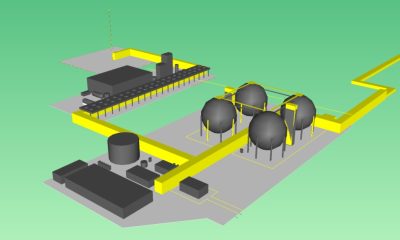
 Business10 hours ago
Business10 hours agoDragon LNG explores integration of LNG and CO2 liquefaction processes















